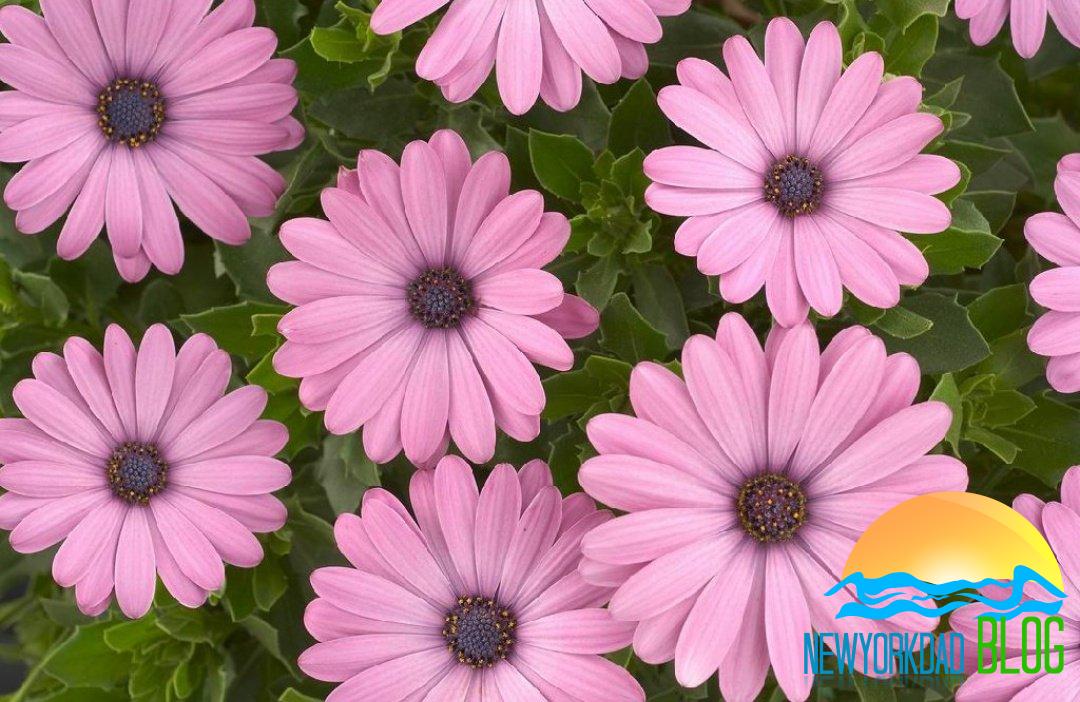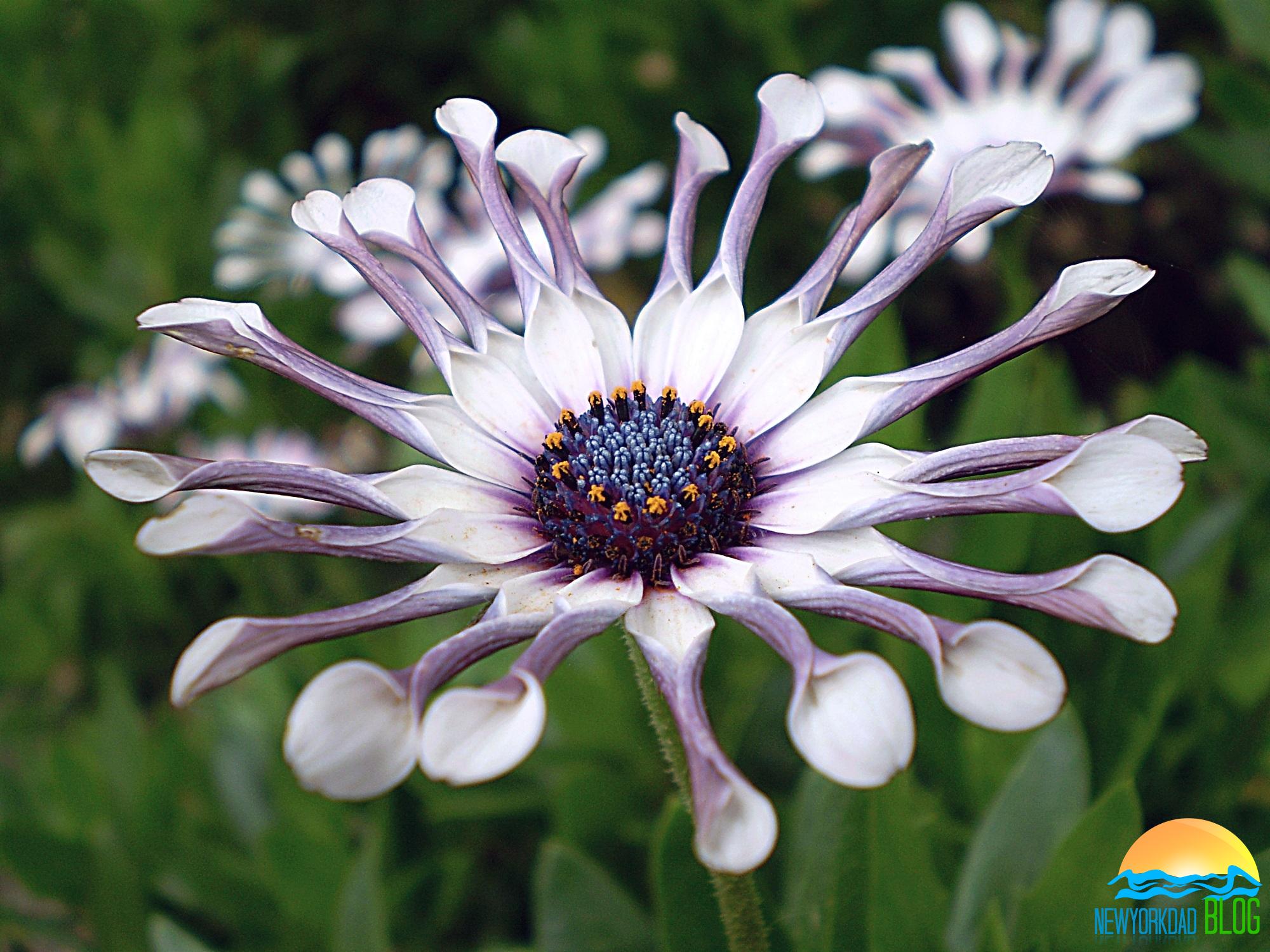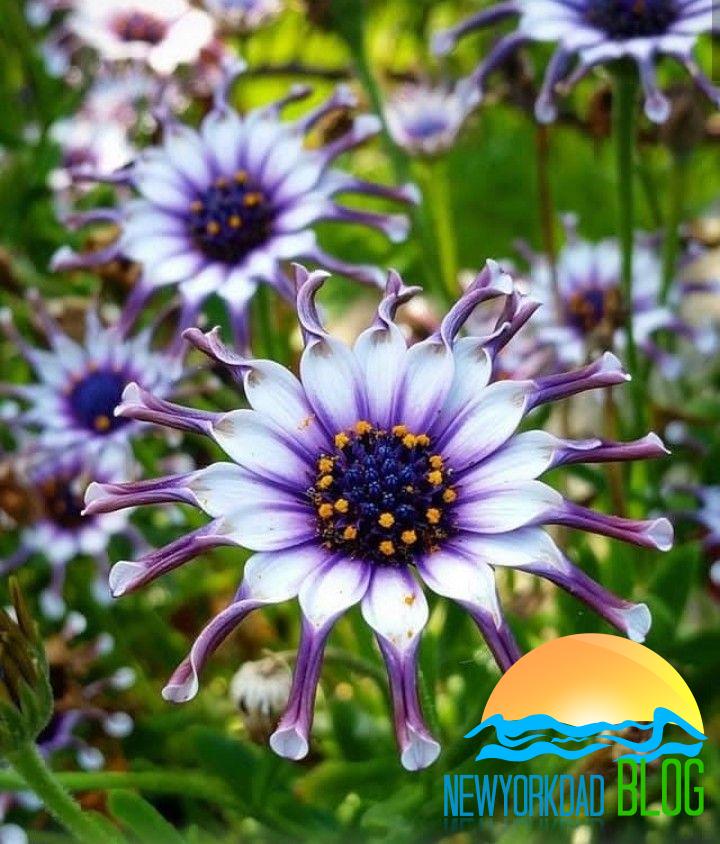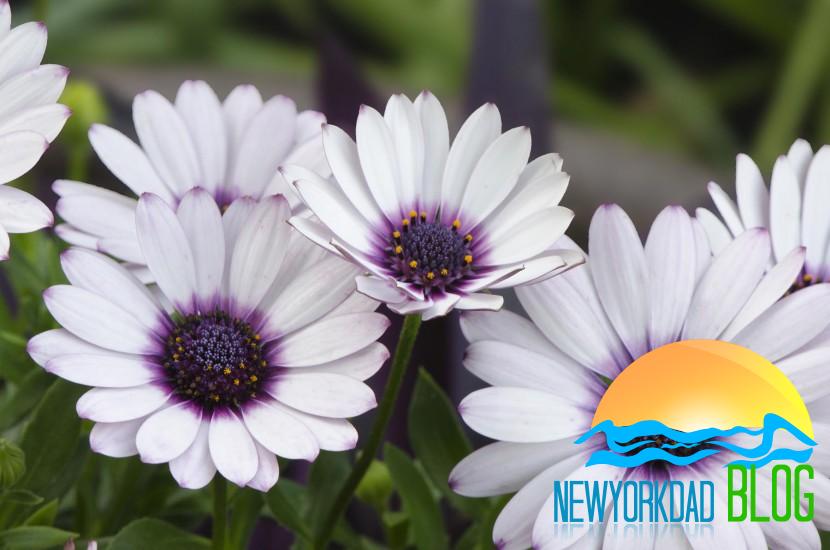
Whether you’re looking to plant a flower garden or simply want to add some color to your home, African Daisies are a great choice. These beautiful flowers are easy to grow and they produce vibrant colors that brighten any room. In addition, they’re easy to maintain, too. In fact, they’re considered hardy plants that can be planted outdoors.
Watering
Choosing the best time to water African daisies for propagation is a very important task. Ideally, the plant should be planted before the first frost of the year. A potted African daisy will require more watering than a garden grown one. Adding sand or grit to the substrate will prevent waterlogging.

Once the plants are well established, you can prune them back to produce beautiful blooms. The blooms of an African daisy can last for a long time in a vase. The flowers are best displayed in swaths.
The best place to plant an African daisy is a sunny spot. The plant prefers well-drained soil, but does not like to be too wet.

African daisies do not like to be planted directly into the ground. They should be potted or propagated from softwood cuttings. When you plant an African daisy, it can take ten to fourteen days before the seeds sprout.
Fertilizing
Whether you are growing African daisies indoors or outside, it is important to know how to fertilize them. In order to maximize their blooms, you will need to apply a balanced slow- release granular or liquid plant food.

African Daisies require ample sun to bloom. In addition, they will need water on a regular basis. The ideal temperature for African Daisies is 60 to 65 degrees Fahrenheit. The plant can also tolerate temperatures down to 40 degrees. However, extreme heat can stress the plant.
It is best to plant African Daisies in soil that has good drainage. Soil that is too wet will encourage fungal diseases. If you want to improve the drainage of your soil, add organic matter such as mulch or shredded leaves. You can also use organic fertilizers such as compost.
Deadheading
Depending on the climate you live in, African daisies can be a wonderful addition to your garden. They are easy to grow and require little maintenance. They can bloom from early summer through late fall. They are also excellent choices for container gardens. They are an attractive ground cover and can brighten up a border.
Although African daisies are tolerant to some pests and diseases, they need some protection. Some common problems include gray rot, fungal infections, and slugs. The best way to combat these problems is to remove any foliage that is
overcrowded, which provides better air circulation and more light.
In order to make the most of the growing season, apply liquid plant food every two to three weeks. If you want to achieve the best possible blooms, organic fertilizer designed for blooming flowers is your best bet.
Pruning
Whether you’re planting African daisies from seeds or cuttings, pruning and propagation will help ensure that you have a beautiful blooming plant. The best time to prune an African Daisy is early summer. This will allow the plant to become dormant for a mild winter.
The African daisy is a low maintenance plant that does not require fertilization or pruning until the flowering season. It does well in sandy soil, as well as chalky and slightly acidic soils. The plant grows well in full sun, but also can tolerate partial shade.
When planting an African Daisy, make sure that the soil is well-drained. A damp, soggy soil can encourage fungal diseases. For this reason, water the plant from the base. This will prevent the droplets of water from splashing onto the plant.
Overwintering
Traditionally, African daisies are grown as annuals, but they can also be overwintered indoors. They are one of the easiest flowering plants to grow, and they are not poisonous to pets or cats. The easiest way to create new plants each year is to propagate them from cuttings. You can also plant African daisy seeds after the last frost.
When overwintering African daisy in a greenhouse or conservatory, you will need to provide a cool, bright place for the plant to live. The best time to overwinter the plant is in the spring, after the threat of frost has passed. It is not recommended to overwinter large plants, because you risk damaging their roots.
African daisies grow well in both sandy and chalky soils. They need to have good drainage. They also need a permeable substrate. They prefer to grow in an acidic pH range. If your garden has a high level of soil acidity, try adding a little organic matter.
